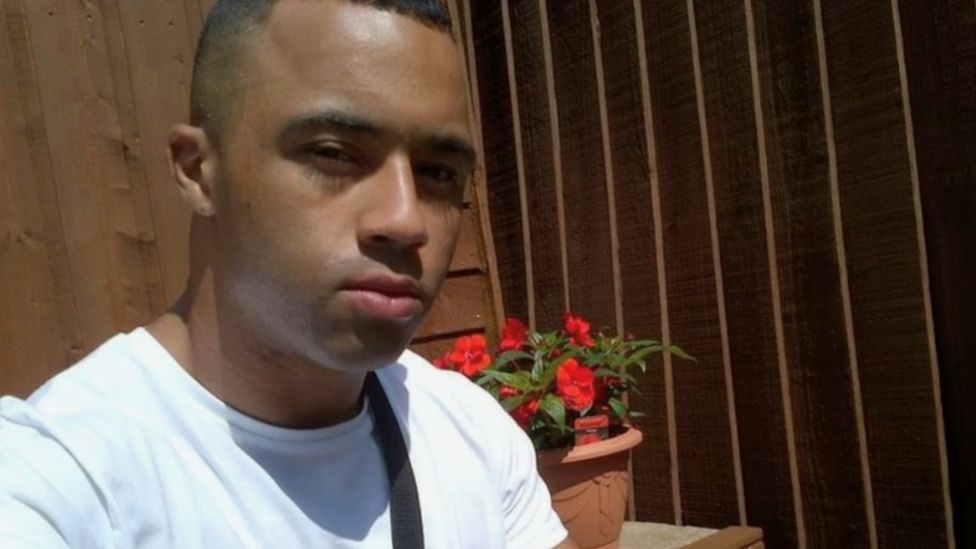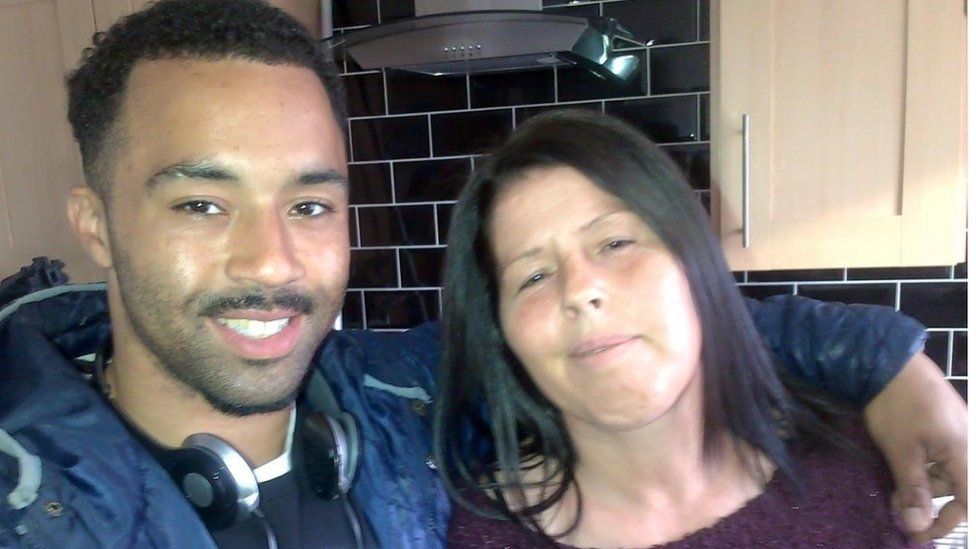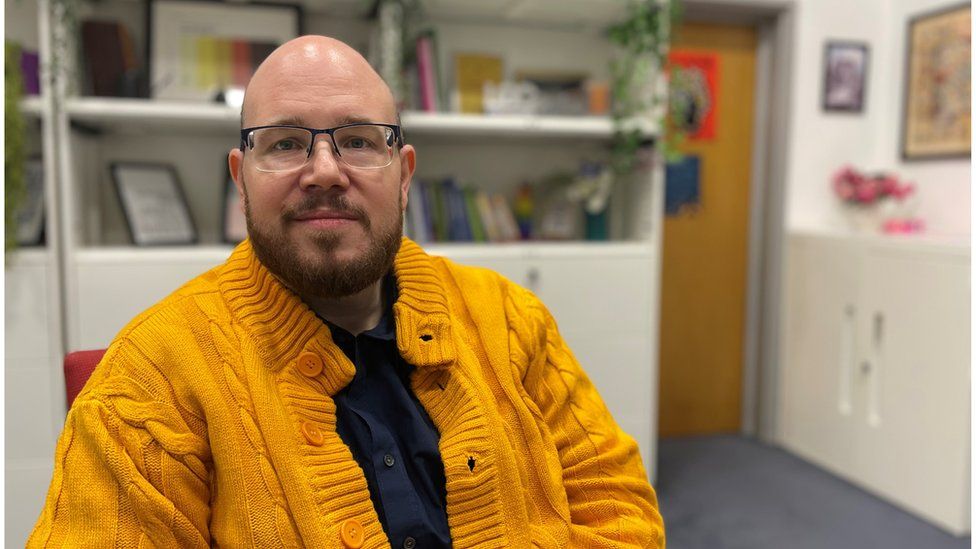- News Report Headlines2023-12-11
- Street drugs stronger than heroin linked to 54 deaths in UK

Super-strength street drugs more powerful than heroin have been linked to at least 54 deaths in the UK in the last six months, the BBC has been told.
The deaths are all linked to synthetic opioids called nitazenes, which experts fear are being manufactured in labs and then imported into the UK from China.
However, the true total could be higher - the National Crime Agency (NCA) said 40 more cases awaited further testing.
The UK government plans to classify 15 new synthetic opioids as Class A drugs.
Nitazenes first made news in the UK in 2021, when an 18-year-old patient was treated for a non-fatal overdose.
Experts say the new drugs can be stronger than both heroin and fentanyl, another synthetic opioid, which is a leading killer in the US - contributing to 75,000 deaths last year.
Warning: This article contains descriptions of drugs use
Following a sudden spike in UK deaths this summer, the government put out a warning across the NHS and drug services - the second National Patient Safety Alert in three years.
In Birmingham, where 16 deaths occurred in two months this summer, the city's director of public health said use of the drug could be a "turning moment in the drug market".
Dr Justin Varney warned nitazenes could cause "a global drug problem".

BBC News has spoken to a user of nitazenes, who, despite being a long-term heroin addict, says she was shocked by the strength of the new drugs.
Amy first took heroin at the age of 16 and has dealt with addiction for 20 years. She compared the first time she took nitazenes to her first hit of heroin. "It was like a blanket - that's why it's been so addictive," she added.
She said dealers were incorrectly referring to heroin laced with nitazenes as "fentanyl" and selling it for £10 a bag in Birmingham. Some charged £20 for three bags.
"It looked a bit different, like a brown wet powder, like grains of a dark mud," Amy said. "With heroin - if you get a strong batch - you get a warm pins and needles at the back of your head but with this - they call it 'gouching' - you're just out of it for at least an hour. I don't get that with heroin."
She said she has felt in danger when taking it. "I wasn't expecting it [the strength]. I've lost four or five people over the past few months. I've got to stop it."

What are Nitazenes?
- Nitazenes were first developed in the 1950s as a pain-killing medication but are so potent and addictive they have never been approved for medical or therapeutic use
- Injected, inhaled or swallowed, mixing them with other drugs and alcohol is extremely dangerous and significantly increases the risk of overdose and death
- The new drugs are covered by the Psychoactive Substances Act 2016

Simeon McAnoy sold windows door to door. After pay day, he would take three buses to visit his mother, bringing her flowers.
"When he was younger, he wanted to design computer games. He was funny, pretty, and he was a brilliant dancer - so kind," his mother Jackie told BBC News.
Simeon was found unresponsive by paramedics, in October. Before he died, his family didn't know he had taken heroin.
An inquest will determine the cause of his death, but Ms McAnoy says the coroner told her a nitazene was found in Simeon's system.

"We will never ever be the same as a family," she said. "For every one of us, something's gone. We are all more isolated. Christmas is coming up and no one wants to celebrate."
She has called for the government to step in. "This is going to become an epidemic and we're going to lose a lot of young people," she warned.
Afghanistan link
The NCA believes nitazenes are being produced in illicit labs in China and often enter the UK in the "post". In most cases, it is then mixed with heroin by organised gangs, strengthening the drugs being sold on the street.
Charles Yates, NCA deputy director, said he did not believe there was currently a direct link between the availability of nitazenes and the ban of harvesting opium poppies in Afghanistan, which some have suggested.
However, he said that could change in the future. "That's the reason we are looking to take robust action now." He said law enforcement agencies were already sharing information from nitazene-related cases with one another.

There are an average of 42 drug poisoning deaths each week involving opiates - such as heroin, oxycodone and fentanyl - across England and Wales, latest official figures suggest.
In February, the government said it wanted to classify 11 synthetic opioids as Class A drugs. Last month, the Home Office published an updated list, adding four more.
That announcement came after police said the largest UK seizure of synthetic opioids had been made in raids in Waltham Forest and Enfield, north London.
Ms McAnoy said she had never heard of nitazenes before Simeon died. "Now I have, it seems to me people are dropping like flies," she added.
"I'm trying to make him [Simeon] proud and not to let him die in vain. If this helps one person not touch it, then I've done my job."

Synthetic opioids
Signs that someone may have taken one of these drugs:
- Small, narrowed pupils
- Reduced or loss of consciousness
- Dizziness or drowsiness
- Difficulty breathing
- Nausea or vomiting
- Cold or clammy skin
- Blue or grey lips and fingernails
- Low blood pressure or decreased heart rate.
Anyone who has consumed synthetic opioids and experiences the symptoms described should seek urgent medical treatment.

